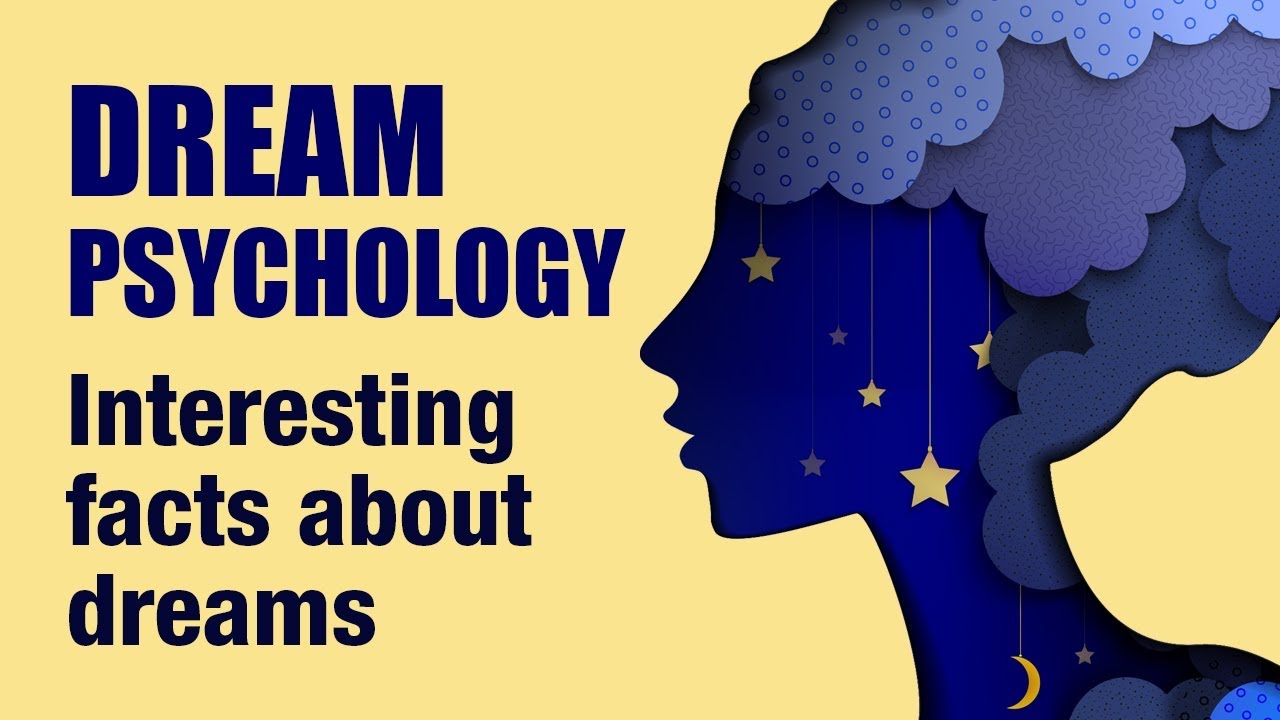Dreamt Definition - An Assortment Of Images
Do you know the dreamt definition? For millennia, people have been curious about the meaning of dreams. But as science has developed, several interpretations of the significance of dreams have been published. People have pondered the purpose of dreams for ages. Dreams were viewed by ancient civilizations as a conduit between people and the gods. The Greeks and Romans thought dreams had the power to foretell the future.
Oct 01, 2022697 Shares232.1K Views

Do you know thedreamt definition? For millennia, people have been curious about the meaning of dreams. But as sciencehas developed, several interpretations of the significance of dreams have been published.
People have pondered the purpose of dreams for ages. Dreams were viewed by ancient civilizations as a conduit between people and the gods. The Greeks and Romans thought dreams had the power to foretell the future.
Times have changed since then. There are now several ideas about the interpretation and significance of dreams. To determine if your dreams imply anything, several theories of their interpretation are given.
What Is The Dreamt Definition?
Doctors have several working hypotheses about why you dream. Dreaming during this phase is linked to memory consolidation.
Dreaming could be a sign of critical cognitive processes. When you dream, your brains are working in a way that is similar to how they work when you are awake and trying to remember things.
You tend to dream more when you're under more stress or tension. Your dreams also vary in content. Stress can also cause nightmares or stressful dreams, such as ones where you're being followed or in a scary environment. That is one of the reasons why people dream.
Researchers have discovered that residents of particular locations may experience comparable nightly visions, albeit it is not entirely clear why. Dreams appear to be influenced by culture in some way.
Why Are The Role Of Dreams?
On what dreams are for, researchers are still not fully in agreement. Nevertheless, there are several commonly accepted hypotheses and views.
Dreams As Therapists
You could use your dreams as a means to deal with emotional conflicts in your life. Furthermore, because your brain is functioning at a much higher emotional level than when you are awake, it may form connections about your feelings that your conscious self would not make.
Dreams As Fight-Or-Flight Training
The amygdala is one of the brain regions that are most active when dreaming. The fight-or-flight response and the instinct to stay alive are controlled by a part of the brain called the amygdala.
Your brain may be preparing you for a threat by being more active during sleep than it is during awake hours.
Dreams As Your Muse
One explanation for why people dream is that it stimulates their creative instincts. All types of artists acknowledge that some of their most imaginative work has been inspired by dreams. You could have occasionally woken up in your life with a brilliant idea for a song or a movie.

14 Interesting Psychological Facts About Dreams
Why Do You Have Nightmares?
It may seem highly beneficial to have dreams that teach you how to effectively cope with your feelings, memories, and other information. The rare nightmare is seen as only a more frightful or disturbing dream. Stress, worry, and occasionally a negative drug reaction can all contribute to nightmares.
However, if you often experience nightmares, you may suffer from a sleeping issue. When terrifying dreams occur frequently, a sleeping issue may be suspected.
- You may experience sleep anxietyas a result of this.
- Results in frequent sleep interruptions.
- This brings up further psychological or sleep issues.
Dreams are a common occurrence for many individuals throughout their lives.
People Also Ask
What Is The Reason For Dreams?
Dreams may help organize knowledge and create connections in the brain that aid with memory recall.
Do Dreams Mean Anything?
Because they deal with the same kinds of internal tensions and emotional challenges that individuals go through every day, dreams may have a significant impact on people's lives.
Why Do Dreams Feel So Real?
You can hear, feel, and see in your dreams because the thalamus is active during REM sleep, when you are dreaming, and it sends pictures, sounds, and feelings to the cerebral cortex.
Conclusion
There are several explanations for the question of dreamt definition, but additional studies are needed to completely comprehend their function. Instead of thinking that only one theory is true, it is more plausible that dreams have many functions.
You can feel free to interpret your dreams in the way that most appeals to you now that you are aware of how much is still unknown about why you dream.
Consider talking to your doctor or seeing a sleep specialist if you are worried about your dreams or experiencing a lot of nightmares.

Suleman Shah
Reviewer
Suleman Shah is a researcher and freelance writer. As a researcher, he has worked with MNS University of Agriculture, Multan (Pakistan) and Texas A & M University (USA). He regularly writes science articles and blogs for science news website immersse.com and open access publishers OA Publishing London and Scientific Times. He loves to keep himself updated on scientific developments and convert these developments into everyday language to update the readers about the developments in the scientific era. His primary research focus is Plant sciences, and he contributed to this field by publishing his research in scientific journals and presenting his work at many Conferences.
Shah graduated from the University of Agriculture Faisalabad (Pakistan) and started his professional carrier with Jaffer Agro Services and later with the Agriculture Department of the Government of Pakistan. His research interest compelled and attracted him to proceed with his carrier in Plant sciences research. So, he started his Ph.D. in Soil Science at MNS University of Agriculture Multan (Pakistan). Later, he started working as a visiting scholar with Texas A&M University (USA).
Shah’s experience with big Open Excess publishers like Springers, Frontiers, MDPI, etc., testified to his belief in Open Access as a barrier-removing mechanism between researchers and the readers of their research. Shah believes that Open Access is revolutionizing the publication process and benefitting research in all fields.
Latest Articles
Popular Articles
